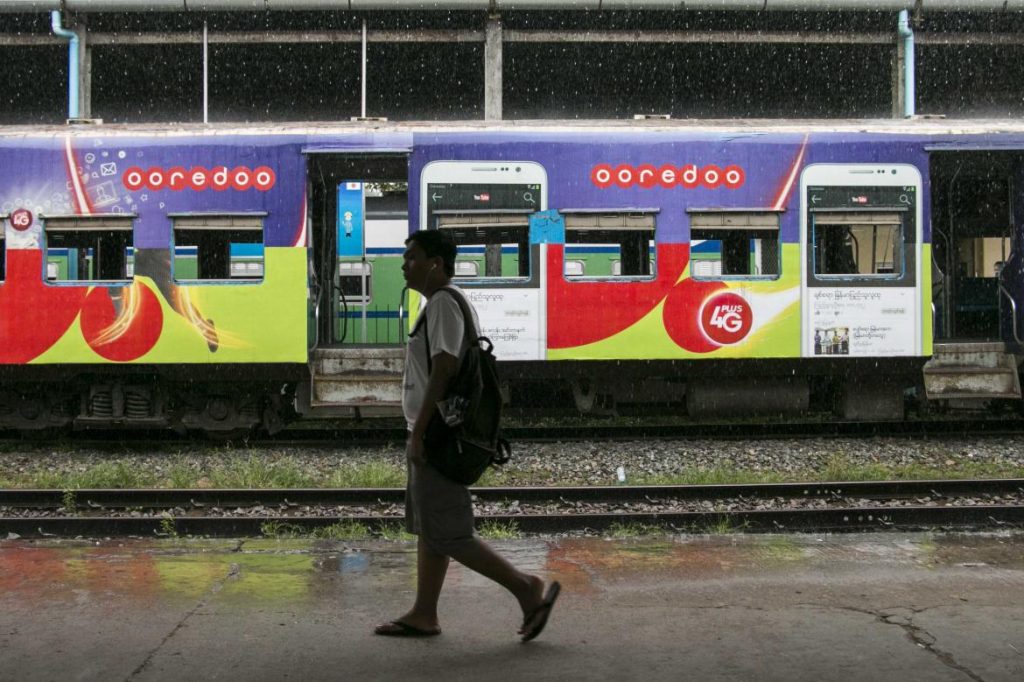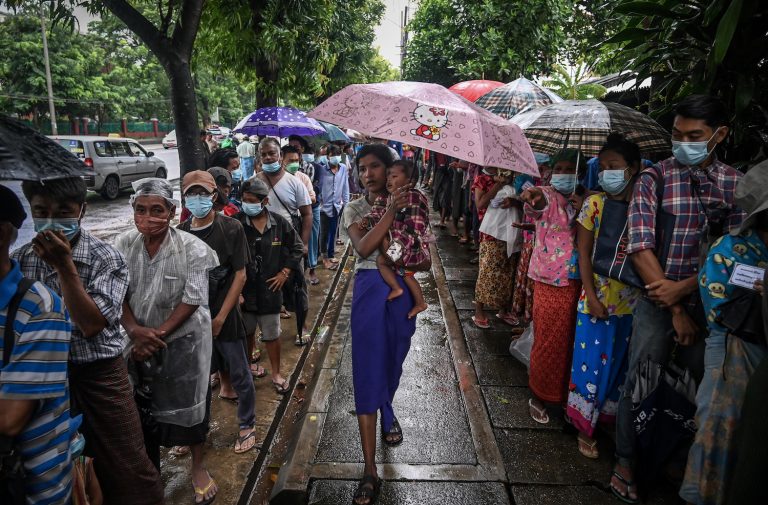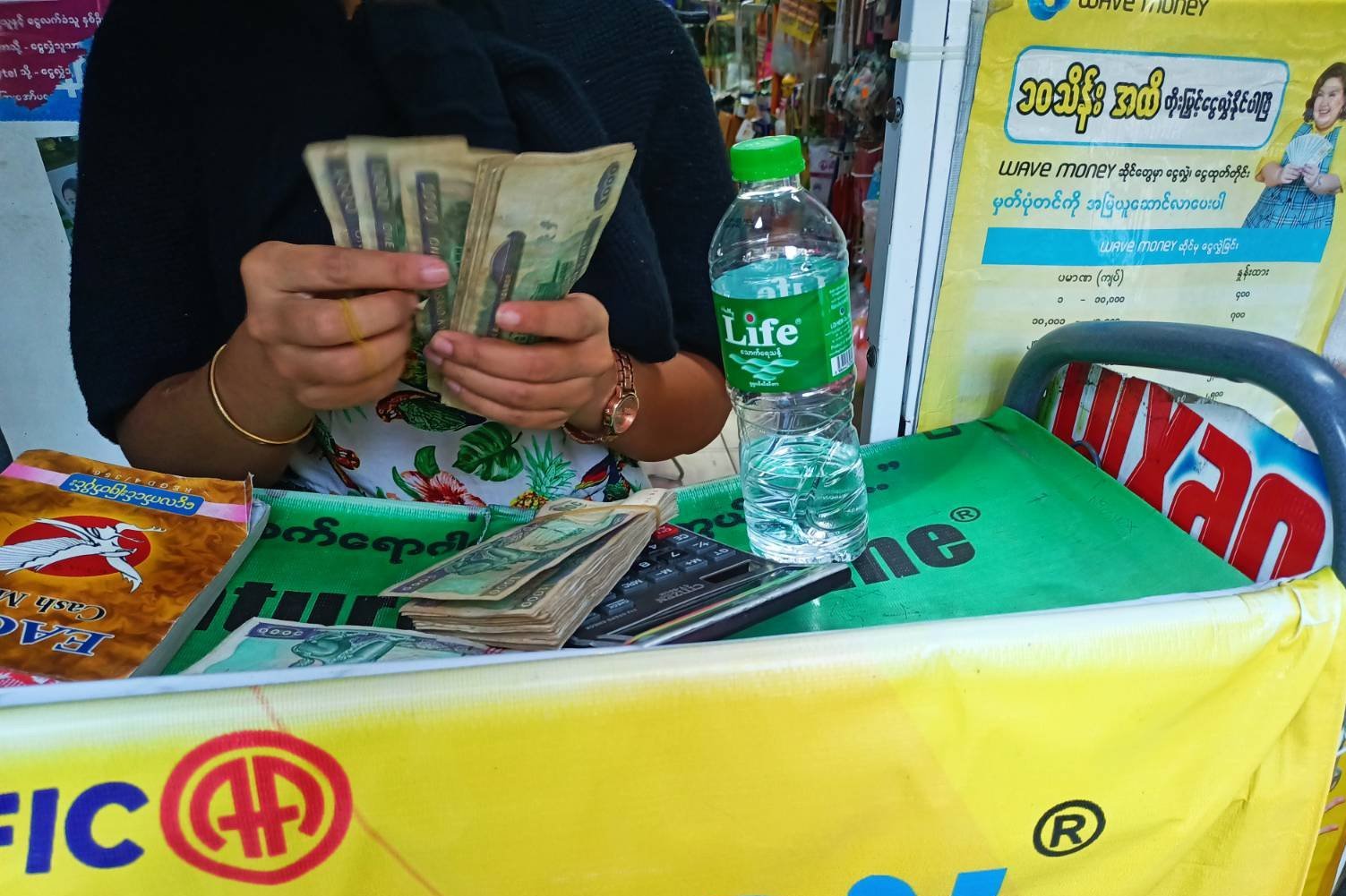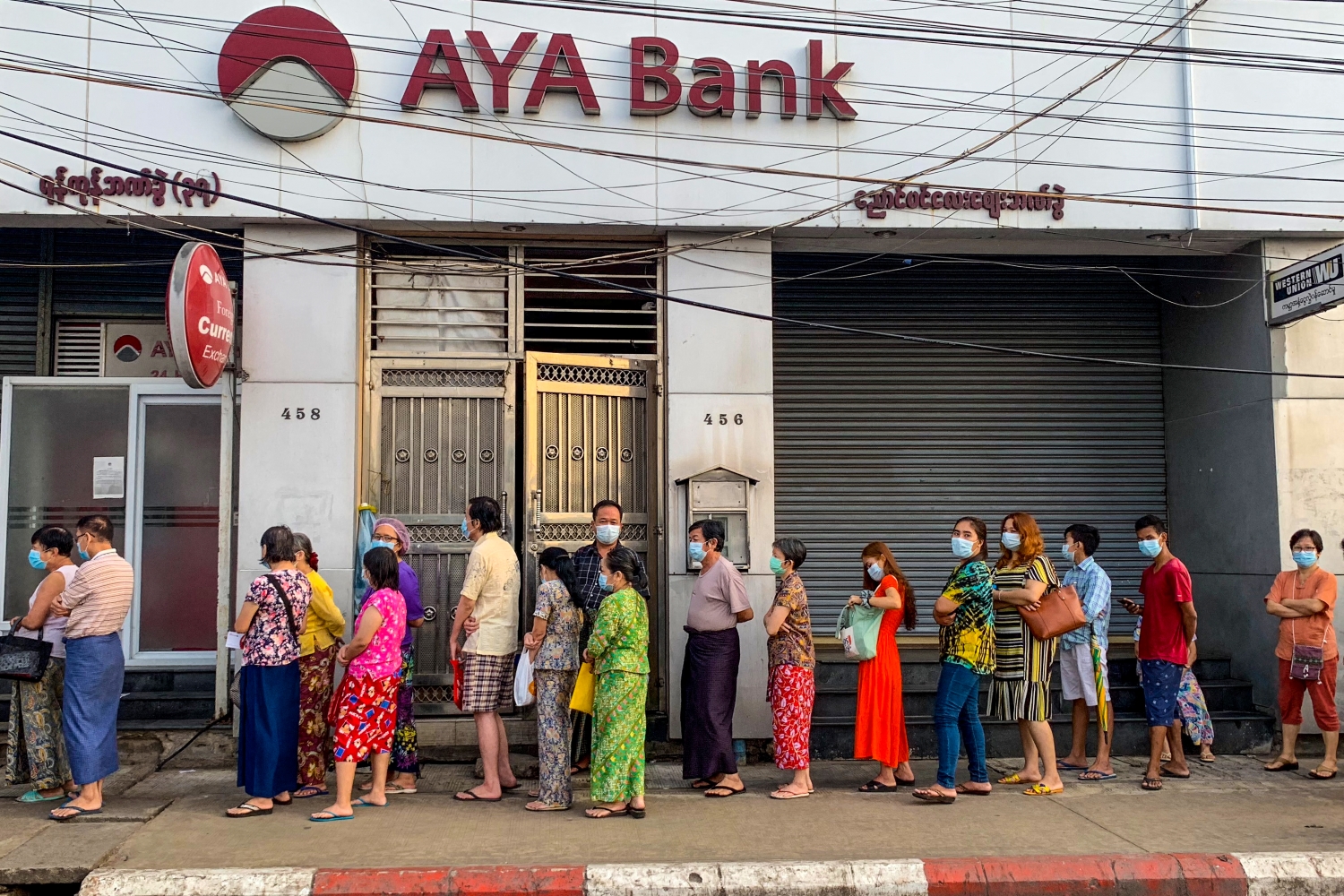Ooredoo is set to launch its mobile money platform M-Pitesan next month after recently receiving a mobile financial services licence. Acting chief executive officer Mr Vikram Sinha tells Frontier’s Thomas Kean about what users can expect, the importance of interoperability with other mobile money provider and how the company plans to roll out the service.
M-Pitesan received its licence from the Central Bank of Myanmar on July 26. When do you expect to launch?
M-Pitesan (M-Cash) is being tested in a live pilot phase with 2,000 mobile money agents supporting transactions being done by our 1,000 staff members. The aim of the pilot phase is to test all business processes and to ensure that all transactions are well tested before the commercial launch, [which is] expected in the first week of September.
How will M-Pitesan differ from Wave Money and other operators already in this space? What will be the key factors in terms of winning customers?
The mobile money services would be similar, [including] national money transfers, airtime purchases, bill payments etc. Additionally M-Pitesan will be integrated directly with CB Bank allowing for real-time value movement between the bank account and the mobile wallet.
The focus for us would be on establishing and servicing an agent network that is visible, well trained and always has float available to service the customer. This, together with unmatched customer support, will be key to the success of M-Pitesan.
Will the service be interoperable with Wave Money and other mobile money providers, such as OK Dollar? What are the challenges in terms of achieving that?
Interoperability is strongly supported by Ooredoo and there are ongoing discussions with other mobile financial service providers to ensure value can move between providers. The focus for now is to launch and then introduce interoperability within the coming months.
The Mobile Financial Services Regulation of March 2016 states that applications for an MFS licence should receive a response within 90 days. My understanding is Ooredoo submitted its application for M-Pitesan in March. What were the major issues that contributed to the delay in approval?
Support more independent journalism like this. Sign up to be a Frontier member.
We do not perceive our approval as having been delayed. M-Pitesan was the first application of its kind considered by the Central Bank [because it did not have a bank as a partner]. We have had an ongoing positive and collaborative dialogue with the CBM in the course of which additional details of our business plan, structure and customer protection have been shared to ensure a full understanding of our MFS offer. Once the CBM approved our application there was also of course the need for Cabinet approval, which necessarily takes some time purely from a scheduling perspective.
Overall, were you satisfied with the licensing process? Are there any ways it can be improved?
Yes, we are very satisfied with the licensing process. Of course, Mobile Financial Services are very new to Myanmar as is the licensing process, so some growing pains are to be expected.
Given you’re working with CB Bank, why did you opt for an MFS licence when you could have simply launched under the 2013 mobile banking directive? What are the advantages of an MFS licence?
We are delivering MFS under a mobile network operator-led model with the trust fund (agent deposits) residing at CB Bank. Under this arrangement CB Bank are responsible for the cash represented as electronic money in the mobile money system. This e-money wallet solution has much broader transaction capability, especially for customers who are not banking customers – the so-called “unbanked”, which in Myanmar represents up to 70 percent of the population. M-Pitesan is quite simply a different and more expansive product offering than conventional mobile banking, which is focused on mobile-based banking as another channel for the banked customer.
How will you roll out the service, and what are you targeting in terms of user numbers and agents?
Everyone in Myanmar needs to send money sometimes. However, the focus will initially be the larger cities and towns, and gradually extending out into the outlying regions of Myanmar. Initial adoption will likely be by customers who have a greater propensity to adopt new technology – early adopters – especially once the service benefits are understood. Knowing how quickly the people of Myanmar have adopted mobile technology generally, we are excited to introduce M-Pitesan.
TOP PHOTO: Nyein Su Wai Kyaw Soe | Frontier







